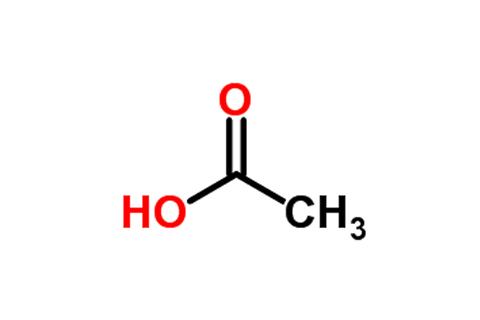Food Additives & Feed Additives

Descrição do produto
Added to food to maintain or improve the safety, freshness, taste, texture, or appearance of food substances are known as food additives. Feed supplements and feed additives are small amounts or trace substances added during the production, processing, and use of feed, which are used in small amounts of feed but have significant effects. TOPFINE, the leading feed and food additives supplier, supplies a wide range of organic feed additives and food additives wholesale for you!
FOOD ADDITIVES FUNCTION
Food additives serve a variety of functions in the food industry. Here are some common functions of food additives:
Preservatives: Food additives such as sorbic acid and sodium benzoate are used to prevent the growth of bacteria, mold, and yeast in food products, thereby increasing their shelf life.
Antioxidants: Antioxidants such as ascorbic acid and tocopherols are used to prevent the oxidation of fats and oils, which can cause rancidity and off-flavors.
Sweeteners: Sweeteners such as sugar and high-fructose corn syrup are used to add sweetness to food products. Artificial sweeteners like aspartame and sucralose are also commonly used as low-calorie alternatives.
Thickeners and stabilizers: Thickeners and stabilizers such as xanthan gum and carrageenan are used to improve the texture and stability of food products, such as sauces, dressings, and ice cream.
Colorants: Colorants such as beta-carotene and annatto are used to enhance the color of food products, making them more appealing to consumers.
Flavor enhancers: Flavor enhancers such as monosodium glutamate (MSG) are used to enhance the flavor of food products.
Acidity regulators: Acidity regulators such as citric acid and phosphoric acid are used to adjust the pH of food products, which can affect their flavor, texture, and shelf life.
Emulsifiers: Emulsifiers such as lecithin and mono- and diglycerides are used to prevent oil and water from separating in food products, such as mayonnaise and salad dressings.
Anti-caking agents: Anti-caking agents such as calcium silicate and magnesium carbonate are used to prevent the clumping of powders, such as spices and baking mixes.
In summary, food additives serve a variety of functions in the food industry, including preservation, oxidation prevention, sweetness, texture and stability improvement, color enhancement, flavor enhancement, acidity regulation, emulsification, and anti-caking. Food manufacturers use these additives to improve the quality, safety, and shelf life of food products, as well as to make them more appealing to consumers.
WHAT IS THE DIFFERENCE BETWEEN FOOD ADDITIVE AND FEED ADDITIVE
Food additives and feed additives are both substances added to food or feed to improve its quality and safety, but there is a key difference between the two:
Food additives are substances added to human food to enhance its flavor, texture, color, or preservation.
Feed additives, on the other hand, are substances added to animal feed to improve its nutritional value, enhance its flavor or preservation, or promote the growth and health of the animals being fed.
Both food additives and feed additives are subject to regulatory approval for safe use, but the regulations and safety standards for each can differ. Additionally, the health and safety implications of consuming food products from animals that have been fed feed additives may also be different from those associated with consuming food additives directly.
BENEFITS of food additives& ADVANTAGES OF FOOD ADDITIVES
Food additives are substances that are added to food to enhance its flavor, texture, appearance, and shelf life. Here are some benefits and advantages of using food additives:
Nutrition:
Some food additives, such as vitamins and minerals, are added to food products to increase their nutritional value. This can help address nutrient deficiencies in the population and improve overall health.

